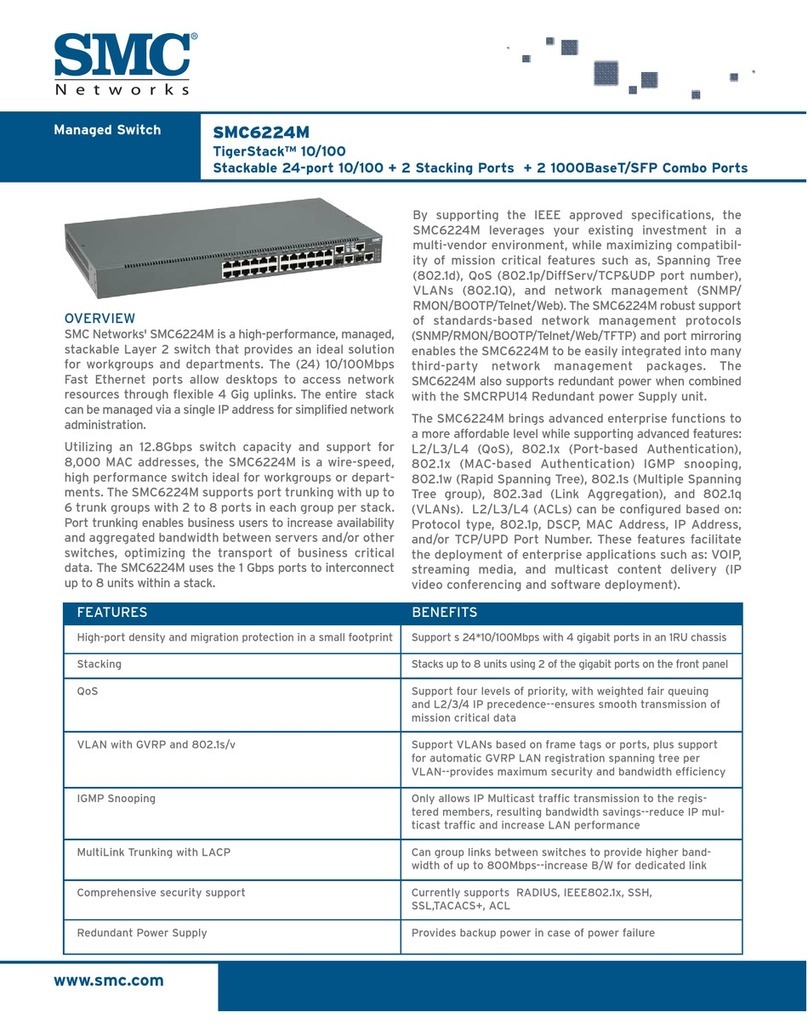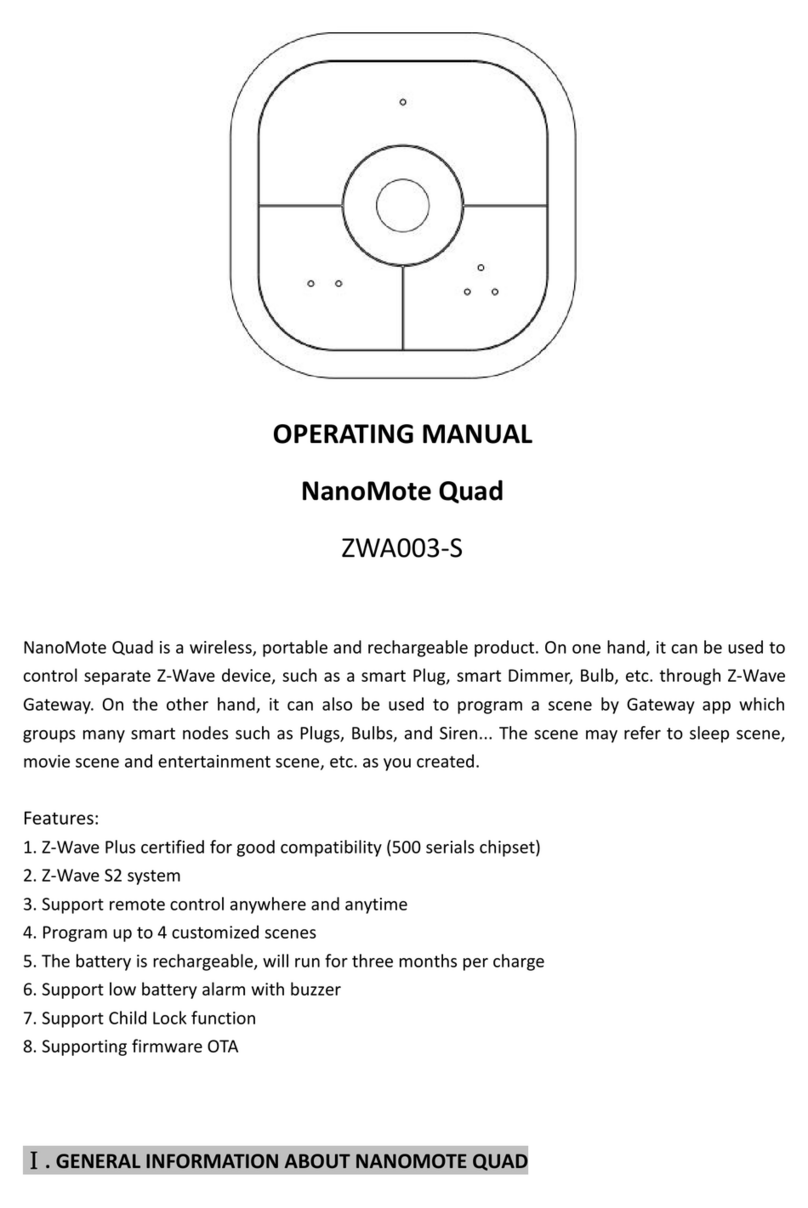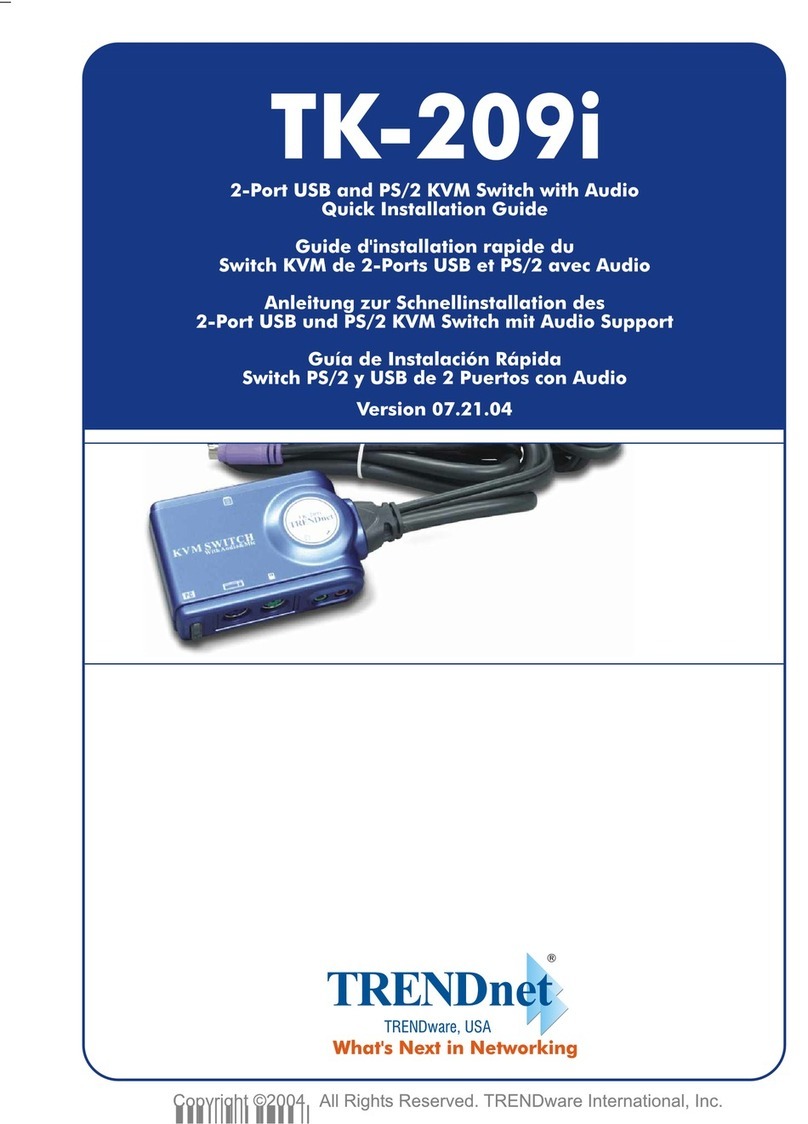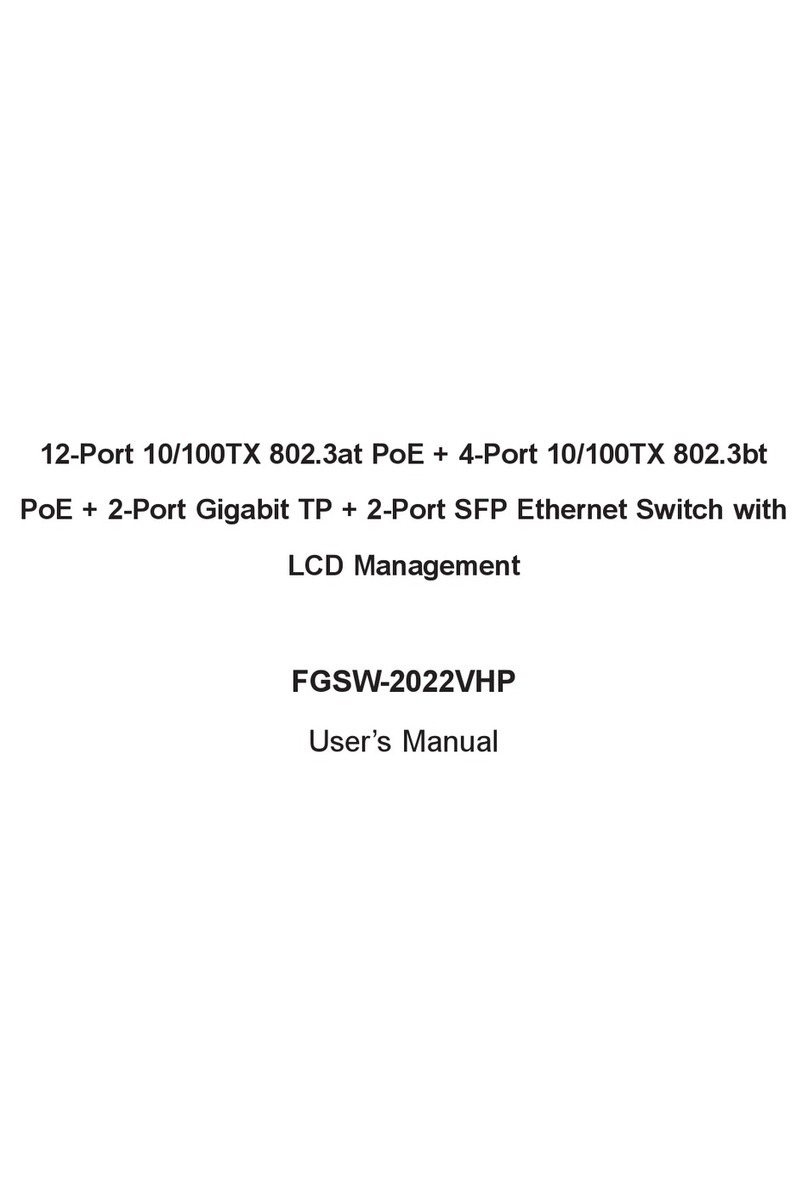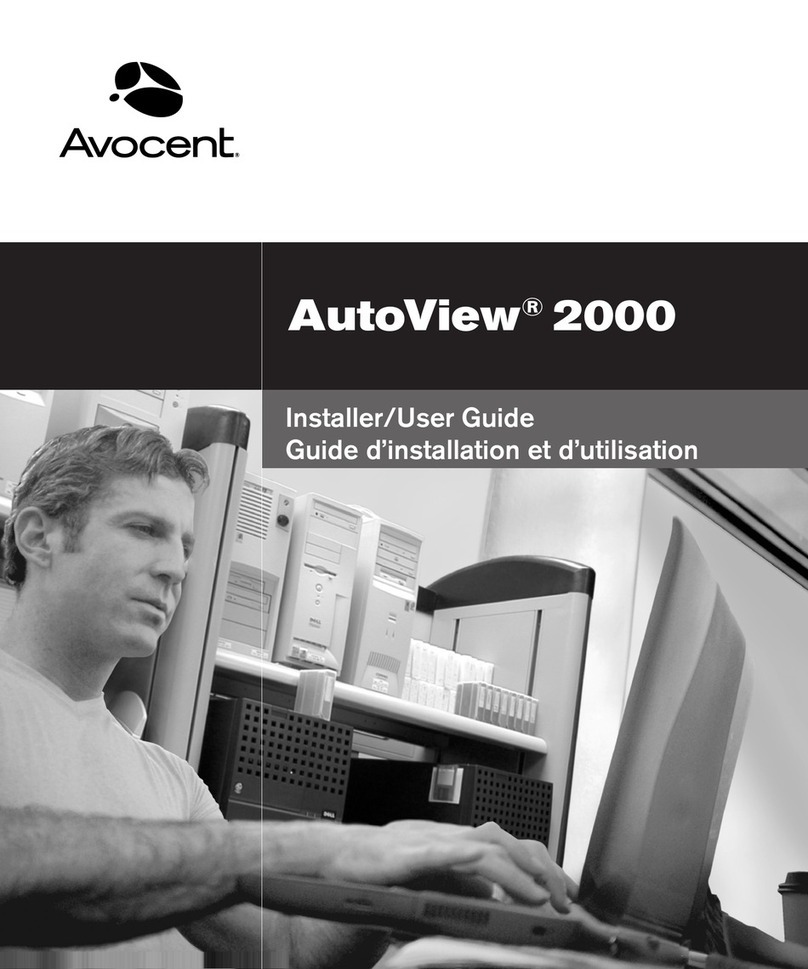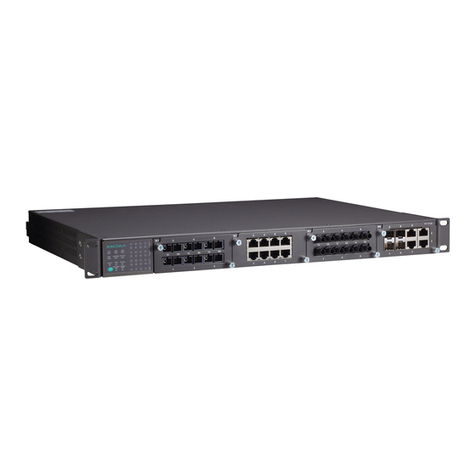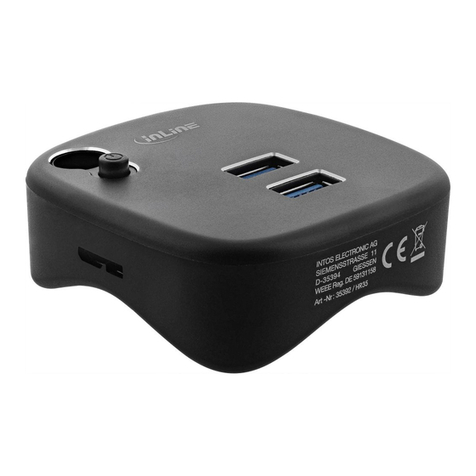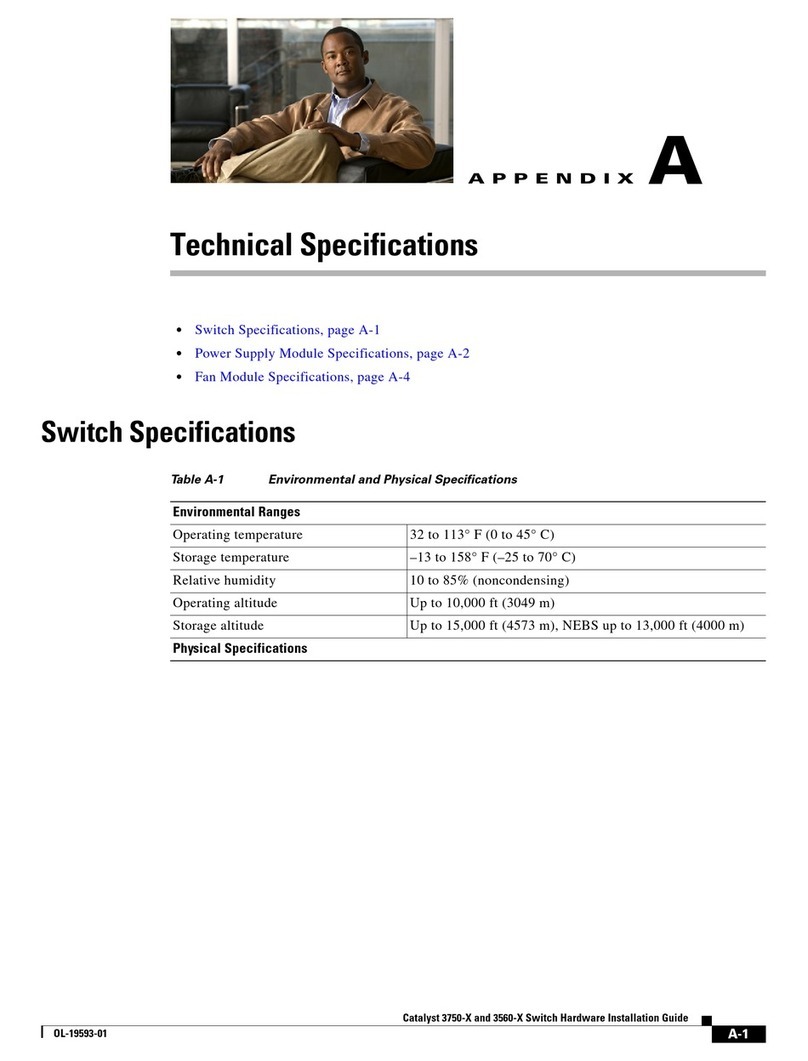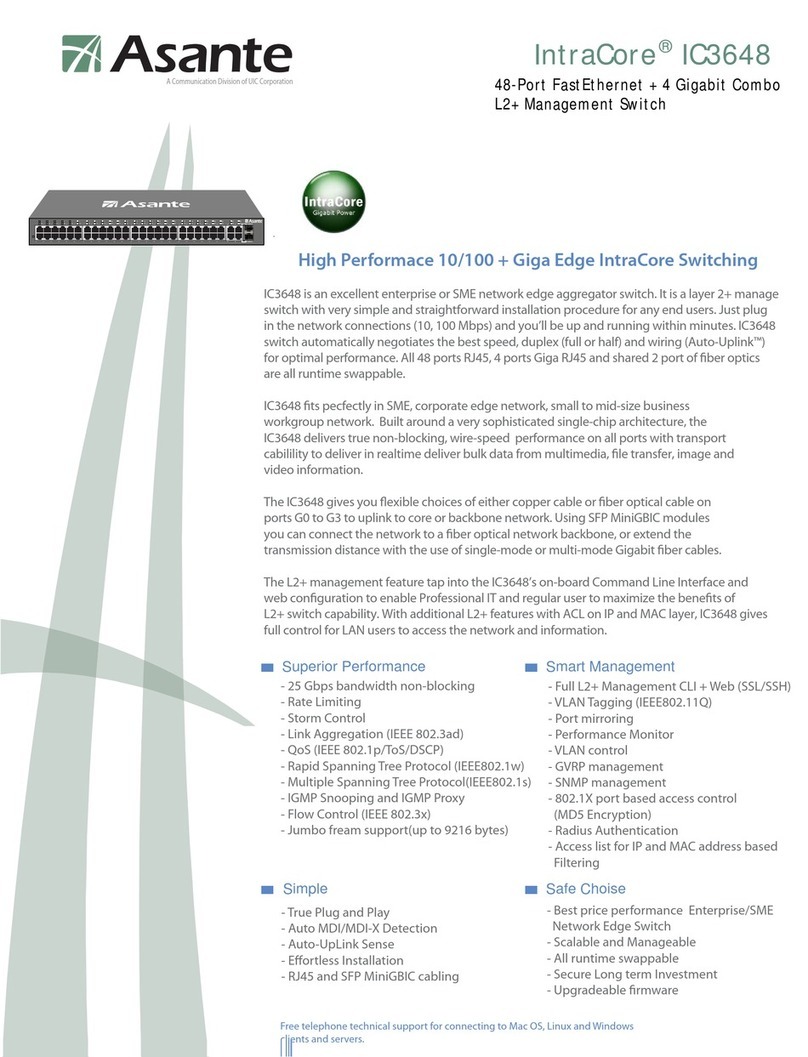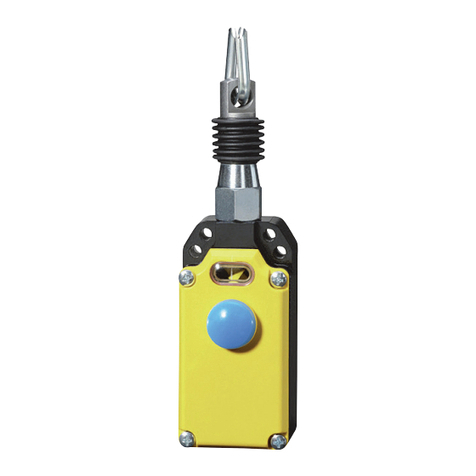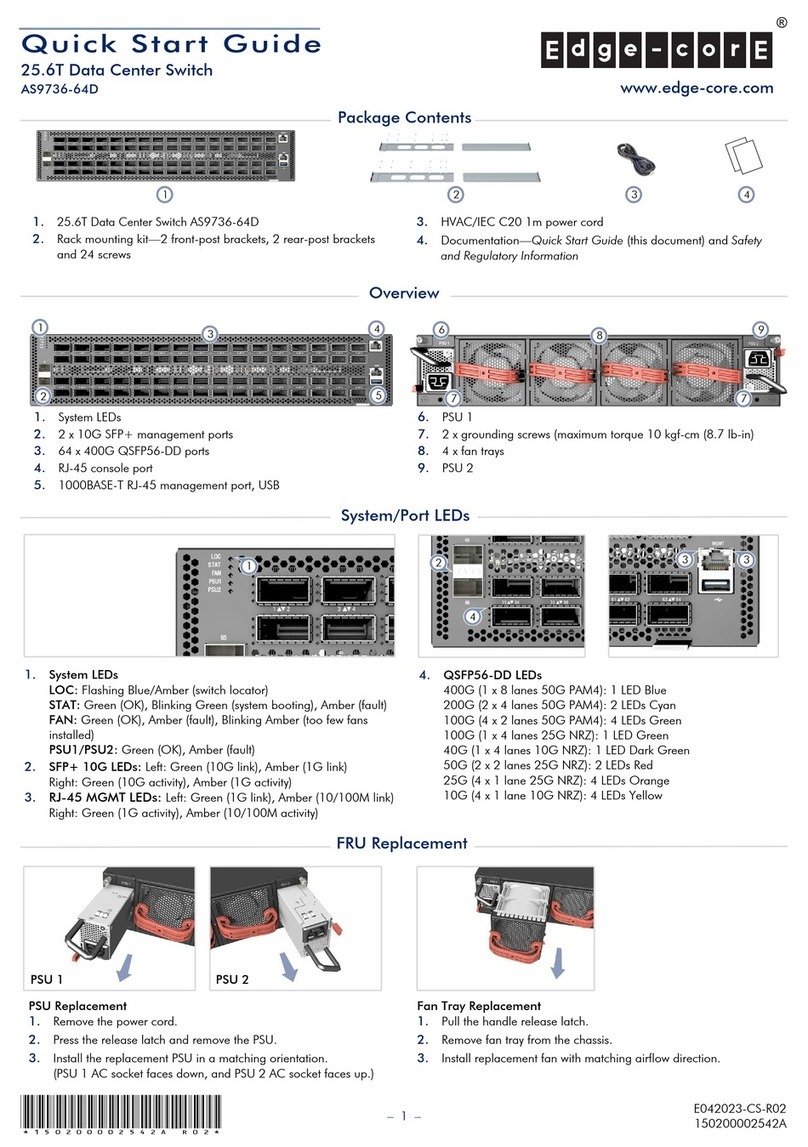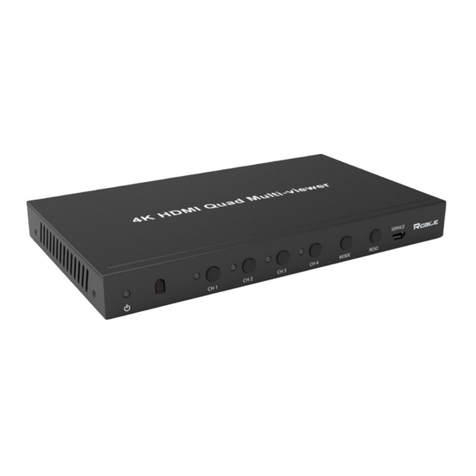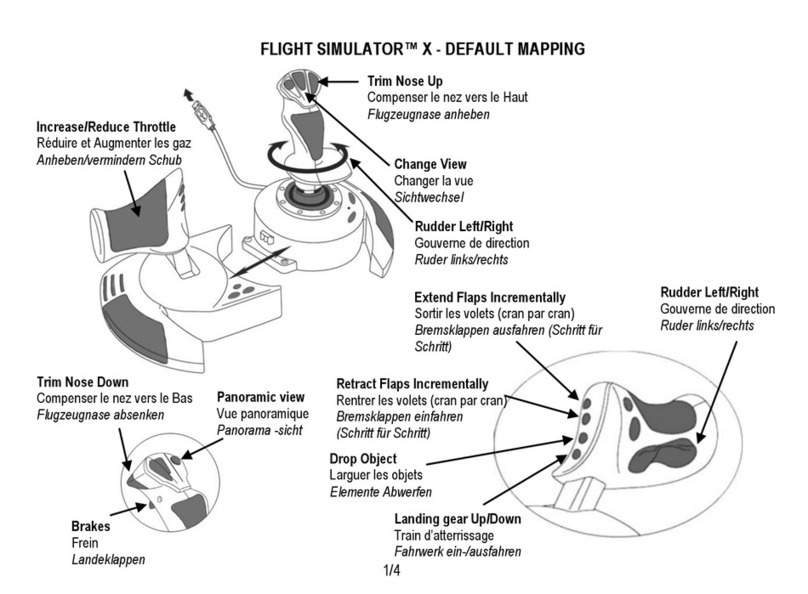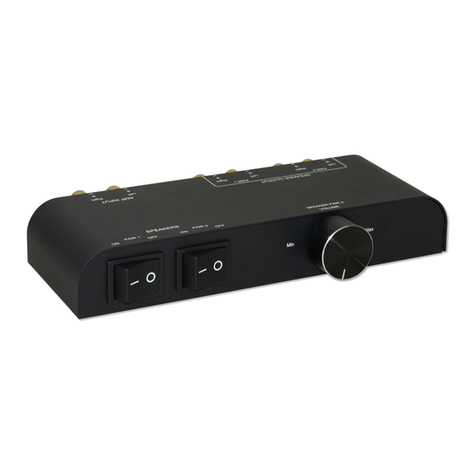High-Speed USB 2.0 Hub
PH150 User’s Manual
Introduction
Thank you for purchasing the Apacer Hi-Speed USB 2.0 hub. The hub
provides four downstream USB ports allowing you to add more USB
peripherals to your computer. The PH150 is 100% compliant with USB 2.0
specification and is backwards compatible with USB 1.1 as well. The PH150
can support all of your existing USB devices.
Featuring a rotatable USB port design design, PH150 allows users to
easily connect multiple high performance USB peripherals and large devices
such as high-resolution video cameras, scanners, printers, storage devices and
others.
Features
zUSB 2.0 High-Speed interface, supports transfer rates up to
480Mbps
zBackwards compatible with USB 1.1 specification
zOffers both bus-powered mode and self-powered mode
zAutomatic connection and speed detection
zOver-current detection and protection
zTwo rotatable ports, easy to connect multiple devices and large
USB devices
zPlug-and-play, support hot swapping of USB devices
System Requirements
zPentium processor or higher
zUSB Interface: one free USB port (USB 2.0-compliant host is
required for operating at high-speed mode)
zO/S Support: Windows 98SE/ME/2000/XP, MAC OS 8.6 & above,
Linux kernel 2.4.0 & above (except MAC OS X, devices under all
other MAC O/S will only operate at 1.2 to 12Mbps)
Packing List
zPH150, High-Speed USB 2.0 4-port hub
zUSB extension cable
zUser’s Manual
Installation Notice
zWindows will detect PH150 and install the required driver
automatically, please don’t connect any USB device to the hub
before auto installation is complete
zIf PH150 is connected to a USB 1.1 host controller, the max. USB
1.1 bandwidth of 12 Mbps is shared across all four ports
zThe hub can be used without the optional power adapter with
most USB devices
Specification
USB interface USB 2.0 High-Speed
Extended ports 4 downstream (two ports are rotatable)
Power source Bus-powered mode
Self-powered mode (max. 500mA)
Compatibility ACPI, OHCI and EHCI compliant
Operating system Windows 98SE/ME/2K/XP
MAC OS 8.6 & above
Linux Kernel 2.4.0 & above
Certifications CE, FCC, BSMI, RoHS
